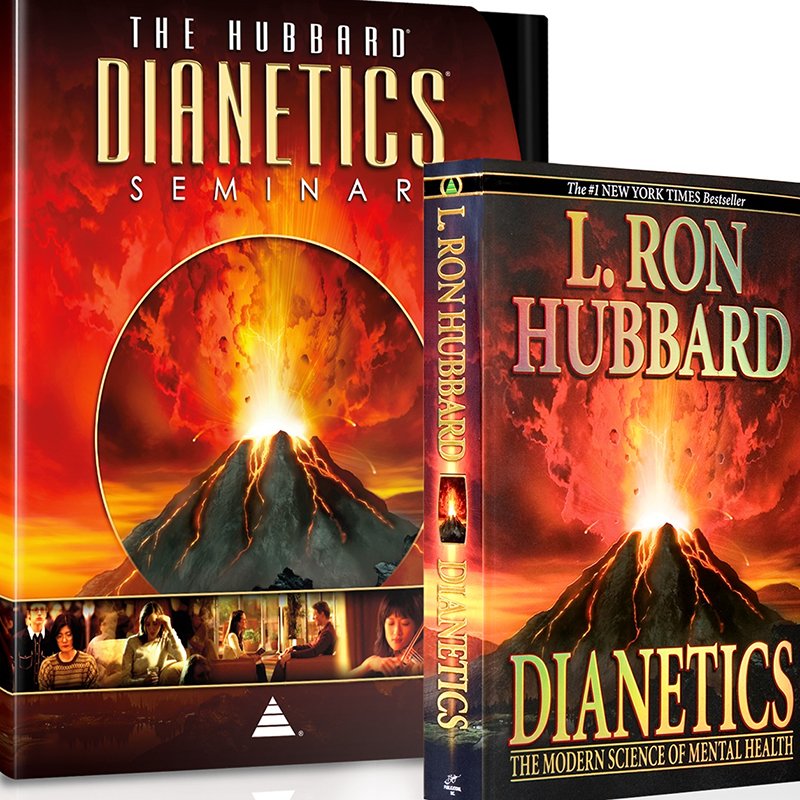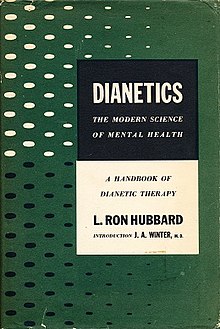More About Dianetics
More About Dianetics
Blog Article
The 6-Minute Rule for Dianetics
Table of ContentsDianetics for DummiesOur Dianetics StatementsIndicators on Dianetics You Should KnowThe Greatest Guide To Dianetics
I couldn't ever not intend to obtain anything that enters your mind for you- if it was or else, I would not be resting right here with you, doing this. I not just could never ever have a problem, or not intend to hear something that enters your mind for you, yet I'm entirely anxious to understand every concept, every thought, every photo or sensation that arises or materializes for you- do not ever assume otherwise, and if somehow you do, please just let me recognize! Sometimes, you may have an idea, and photo, concept or occurrence pop up that does not appear to answer the question, or relate to it, but however, always do tell me concerning it, and as we continue, the relevance will arise for you.This is fundamental in the basis of handling, and the subject of this discussion: the basic roles of the therapist and the customer: The standard role of the counselor is, in contrast to "common training", not to regulate, which implies to apply and/or hinder, but to rather function from the basis of EMPOWERING THE CLIENT.

A Biased View of Dianetics
John Mcmasters shared this fundamental fact splendidly well in one of his talks on Power processing, wherein he clarifies exactly how he was asked what this "unique flair" was that he had for giving such excellent sessions; he had to consider that for a minute, and identified that it was what he had not been doing, as well as what he was doing: he wasn't assessing, judging, computer, or as a matter of fact, generating any type of ideas, not to mention spoken expressions, after providing the command and while waiting for the computer to complete their answer to their complete satisfaction; he was, merely and just, existing with the PC, and completely interested.
The duty of the therapist, demonstrated; that was his "special knack". I have actually had my own experience which showed me this well, very early in the video game. In 1982, having lately completed my training and teaching fellowship on New Period Dianetics, I was running this on a COMPUTER, and there was a point in the session where (being a little bit wet behind the ears not yet having numerous hours under my belt as an expert auditor) the computer seemed to be "taking as well long" to share anything verbally after I gave him a command.
This secret became the most valuable contribution that John ever before made to the topic of treatment or auditing (Dianetics). In my simple opinion, it is the best contribution that any individual has actually ever before made to these subjectsthe application is totally non-judgemental, non-evaluative, and lacking any type of pointer, guidance or opinion.no preconceived program for people, or 'degrees' that they should do
In Idenics, the only resource of information regarding a client is the individual client. In Scientology we prided ourselves on not reviewing for individuals. All that truly suggested was that the auditor did not VERBALLY assess for the Computer in session. The registrars and values policemans reviewed for the PC.
The Basic Principles Of Dianetics

Anybody who had actually ever seen John audit can not assist however notice an one-of-a-kind quality in his bookkeeping."The client's fundamental duty is to be there with the purpose of relocating the instructions of their spiritual objectives, and to easily and fully express and experience whatever shows up for them in responding to the questions and carrying out the instructions in the processing.
This is something to procedure as needed. Likewise, people regularly have previous experience and/or brainwashing in auditing/processing which, in some means, and to some degrees, actually deceives them into perspectives, ideas and behavior patterns that stop the complete realization of these functions, Continue and so they will certainly tend to prevent the expressing of what comes to mind, as in the examples given above - Dianetics. * The first, and probably foremost instances of mis-indoctrination causing much less than totally smooth and efficient sessions, can be found in specific elements of the training regimens, or "TR's":"TR's" are frequently a person's first, or a minimum of early, experience in Scientology, and while I will go on to clarify what I see as the flaws in concept and method, nonetheless, have a tendency to be greatly restorative, done as they are given (Hubbard insists that "TR's are not refining, they are educating", yet factually, they are both processing AND training)
There is no "failing", and no denial of the fact of this being processing. The emphasis, as it ought to be, is on experiencing the various other person's visibility.
Get This Report about Dianetics

Report this page